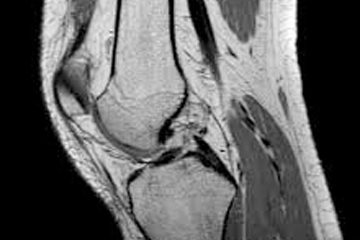Latest Research
New Clinical Practice Guideline for Shoulder Pain Makes the Case Against Surgery

Should patients experiencing chronic, atraumatic shoulder pain for three or more months undergo surgery? A new paper recently published in the BMJ advises strongly against it. The paper’s authors summarized their evidence-based recommendations into a new Clinical Practice Guideline (CPG), which can help healthcare providers and their patients make more well-informed decisions regarding their course of care.
New CPG for atraumatic shoulder pain: choose exercise, physical therapy, occupational therapy over surgery
This new CPG specifically applies to two types of shoulder pain, described as “subacromial pain syndrome” and “rotator cuff disease.” Historically, surgeons performed arthroscopic decompression surgery as an invasive approach to symptom management. But after a thorough review of two systematic reviews featuring over 1,000 patients, the authors discovered two key findings:- First, decompression surgery is no more effective for relieving atraumatic shoulder pain than other treatment options—including physical therapy, analgesics, and shoulder injections. For instance, follow ups as far as two and five years out saw no significant difference in pain (as measured on the visual analog scale). The same goes for function when comparing arthroscopic surgery to other approaches.
- Second, the researchers expanded their review to include observational studies evaluating post-operative harm, since “potential harms from surgery were incompletely reported” in the previous trials. They found that the risks for complications—including bleeding, infections, peripheral nerve injury, anesthetic complications, and venous thromboembolism—was approximately 0.55% after 30 days post-op.
DISCLAIMER: THIS WEBSITE DOES NOT PROVIDE MEDICAL ADVICE
The information, including but not limited to, text, graphics, images and other material contained on this website are for informational purposes only. The purpose of this website is to promote broad consumer understanding and knowledge of various health topics. It is not intended to be a substitute for professional medical advice, diagnosis or treatment. Always seek the advice of your physician or other qualified health care provider with any questions you may have regarding a medical condition or treatment and before undertaking a new health care regimen, and never disregard professional medical advice or delay in seeking it because of something you have read on this website.
Superior Physical Therapy does not recommend or endorse any specific tests, physicians, products, procedures, opinions or other information that may be mentioned on this website. Reliance on any information appearing on this website is solely at your own risk.




